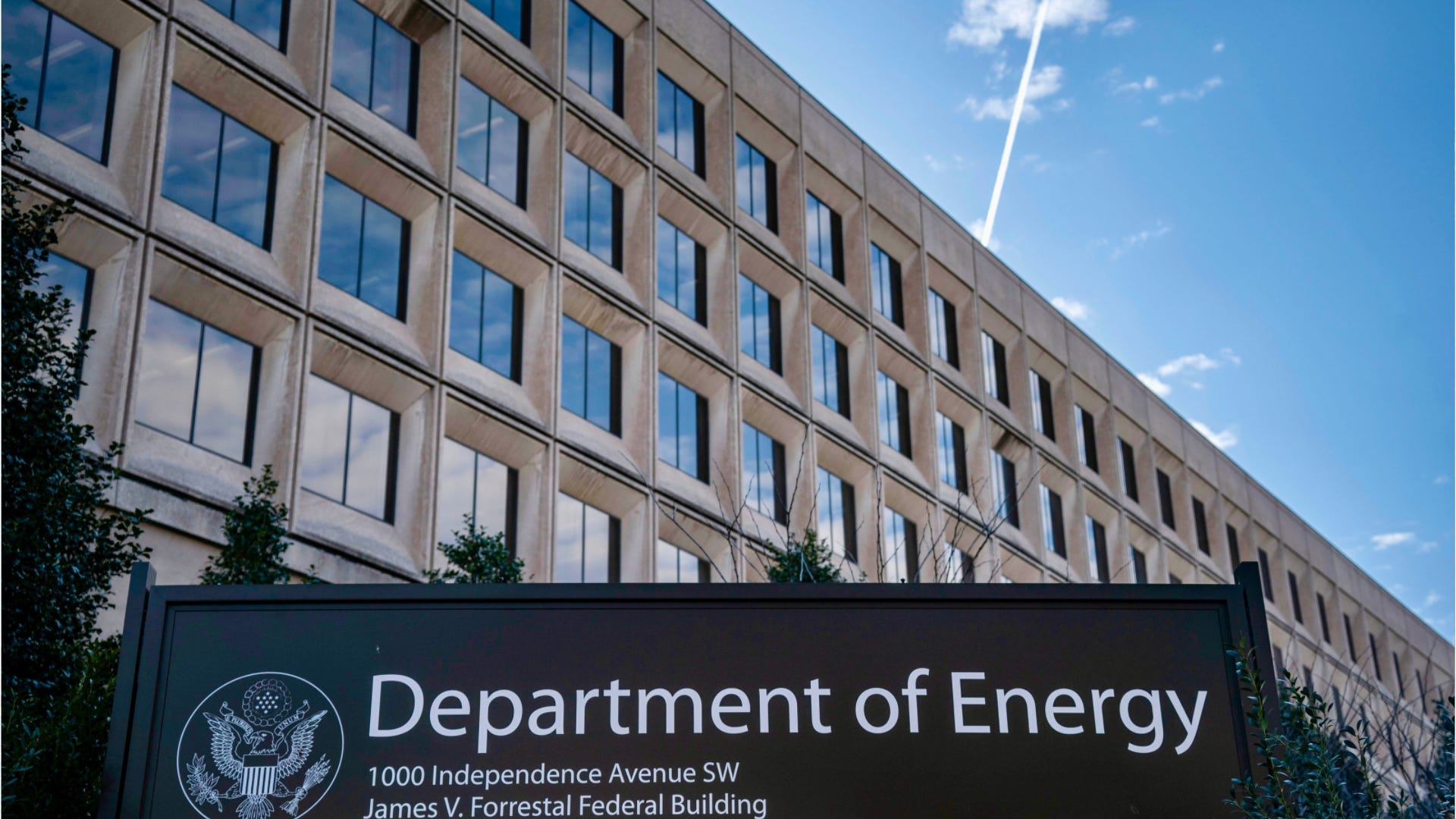Trump orders changes to nuclear power regulations in bid to satisfy AI energy demands
President Donald Trump signed a series of executive orders Friday aimed at speeding the development and deployment of nuclear power.

- The Trump administration wants to streamline the nuclear reactor permitting process in order to provide clean power for industrial and military purposes.
- Advocates fear the orders weaken safeguards that protect the public from unsafe reactor designs and reduce the risk that used fuel can be diverted for nefarious purposes.
WASHINGTON — President Donald Trump signed a series of executive orders May 23 intended to overhaul the regulation of commercial nuclear reactors and speed the process of building and deploying nuclear power.
During the signing, which was attended by the CEOs of major nuclear-related companies, Trump argued the "technology has come a long way, both in safety and cost." The orders realize a long-held Republican goal of deregulating nuclear power.
According to a senior White House official, the four executive orders aim to expedite reactor research & development, streamline regulations to allow the Pentagon and other agencies to build reactors on federally owned land, change the Nuclear Regulatory Commission and sets new timelines for its consideration of construction permits, and expand domestic uranium production and enrichment capabilities.
The NRC has overseen commercial nuclear reactors for 50 years since its creation in 1975. Amid concerns over overregulation, the U.S. has only two operational commercial reactors whose construction was approved since 1978.
Joe Dominguez, the CEO of Constellation Energy, an electric utility company, said at the ceremony that "some of the largest companies in the world ... who need this energy for AI ... are now working with us to fund the development and construction of the next generation (of) nuclear." Dominguez, whose company operates the country's largest fleet of nuclear power plants, argued nuclear energy is best-suited to support AI data center needs due to its consistent, around-the-clock nature.
Former Energy Secretary Ernest Moniz, who today heads the Nuclear Threat Initiative and Energy Futures Initiative − organizations that work to reduce the risk of nuclear catastrophe − said the moves could increase safety or security risks.
"Reorganizing and reducing the independence of the NRC could lead to the hasty deployment of advanced reactors with safety and security flaws," Moniz, a nuclear physicist who served under President Barack Obama, said.
In a May 23 statement anticipating the executive orders, Moniz described "scaling safe and secure nuclear energy" as a "welcome contribution," but cautioned that doing so recklessly could "set back nuclear energy for a long time."
If you have news tips related to nuclear threats and national security, please contact Davis Winkie via email at dwinkie@usatoday.com or via the Signal encrypted messaging app at 770-539-3257.